Do I really need to wear sunscreen every day? We asked dermatologists.
‘The best sunscreen is one that you're willing to apply and reapply.’ The post Do I really need to wear sunscreen every day? We asked dermatologists. appeared first on Popular Science.

Memorial Day Weekend upon us and summer 2025 unofficially arrives with it. Many of us will now be spending significantly more time enjoying the great outdoors by hitting the beach, swimming, hiking, or cooking outside among the fireflies.
While getting outside is absolutely necessary for our physical and mental health, being mindful of the harmful effects of too much sun is critical to our long term health. Practicing safe sun includes wearing sunscreen every day, even during the other nine months of the year.
How does sunscreen even work?
Sunscreen use dates back thousands of years. Yet understanding how it works and what it does is a basic question many of us ask ourselves as we browse the sunscreen aisle at the pharmacy. Luckily, the answer is fairly simple.
“Basically, the Earth is bombarded by sunlight, and the sunlight has different components to it, including wavelengths of energy in the ultraviolet [UV] spectrum,” Dr. Sameer G. Gupta, a dermatological surgeon at Massachusetts Eye and Ear Hospital in Boston, tells Popular Science. “The idea behind sunscreen is to protect the skin and body from some of that solar radiation. It does that by filtering out ultraviolet light and other wavelengths as well.”
[ Related: Do face rollers work? We asked a dermatologist. ]
These rays can damage our DNA and cause premature aging at best and skin cancer at worst. Using sunscreen to filter out the amount of UV radiation on the skin, which has some major health benefits.
“It prevents the longer term effects of aging, so it can help with preventing sunburn, and tanning to some extent,” Dr. Abigail Waldman, a dermatological surgeon at Brigham and Women’s Hospital in Boston tells Popular Science. “Importanltly, it can reduce the incidence of skin cancer by about 50 percent.”
Do I need to put it on every day?
For ease, the answer is a flat out yes. Numerous studies confirm that daily sunscreen use–even during the winter and when indoors–does reduce the risk of skin cancer. Getting in the habit of putting it on every single day is the best rule to follow.
“UV exposure is 365 days out of the year,” says Dr. Gupta. “Whether it’s raining, cloudy or totally clear sky, UV exposure comes through. So I do recommend to my patients that they wear sun protection, sunscreen, year round.”
The amount of UV hitting Earth is measured by the UV Index, a scale from 1 to 11+. It’s important to wear sunscreen on any day where the UV index is over 2. According to Waldman, if it is winter and you are not going to be outside skiing or you are staying inside all day and UV index is lower, it is generally okay not to wear it. However, that can break the habit of putting it on every day, making it easier to forget when the UV creeps back up during the spring.

“I think the reason that the recommendations are for everyday use is that there’s a lot of variability in a day,” says Dr. Waldman. “It might be a UV index of 2 at 9:00 in the morning when you leave the house, but maybe it gets up to 4 in the middle of the day, even if it’s in the winter. So I think generally getting in the habit and just using it every day is preferred.”
You can also consult your preferred weather app to check the UV index every day.
What is the difference between UVA and UVB rays?
It is best to buy a sunscreen labelled broad spectrum, which means that it blocks against both UVA and UVB rays.
“UVB causes burns and more often causes skin cancer, but UVA causes tanning and the longer term signs of aging, like wrinkles and hyperpigmentation, discoloration, things like that,” explains Waldman.
[Related: Why the rare skin cancer that killed Jimmy Buffett may become more common.]
According to MD Anderson Cancer Center, UVA rays make up 95 percent of all of the UV rays that get to Earth’s surface. It penetrates deep into our skin and can even pass through glass. It damages the skin and is the primary radiation used in tanning beds.
UVA rays also cause most forms of skin aging, including wrinkles and damages the skin’s collagen and elastin.
While UVB rays only make up the other five percent of UV rays, they are very high energy. They don’t penetrate the skin quite as deeply as UVA, but they can really harm the top layers of the skin.
UVB damages skin cells and causes the DNA mutations that can eventually lead to melanoma and other types of skin cancer and also cause cataracts in the eyes.
What is the best sunscreen?
“The best sunscreen is one that you’re willing to apply and reapply,” says Dr. Gupta. “You should try to find one that you really like and are willing to reapply with broad spectrum coverage.”
Every bottle is labeled with an SPF or sun protection factor. According to standards set by the FDA, SPF is a measure of how much solar energy is required to produce sunburn on skin protected with sunscreen, relative to the amount of solar energy required to produce sunburn on skin without sunscreen. As the SPF value increases, sunburn protection generally increases.
Consumers should use a sunscreen labelled SPF 30 or higher with broad spectrum protection against both UVA and UVB rays. And that reapplication is critical. All sunscreens will lose potency over time due to sweating, swimming, and general sloughing off of the skin.
“If you were out in the sun, your sunscreen has basically just turned into moisturizer after two hours,” says Dr. Waldman. “It still has some effect after two hours. It’s just probably not what the SPF says on the bottle.”
This story is the first in a series of stories on sunscreen. It is also part of Popular Science’s Ask Us Anything series, where we answer your most outlandish, mind-burning questions, from the ordinary to the off-the-wall. Have something you’ve always wanted to know? Ask us.
The post Do I really need to wear sunscreen every day? We asked dermatologists. appeared first on Popular Science.









































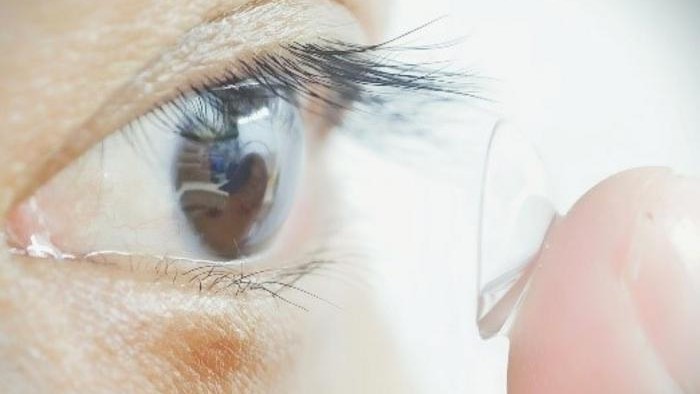





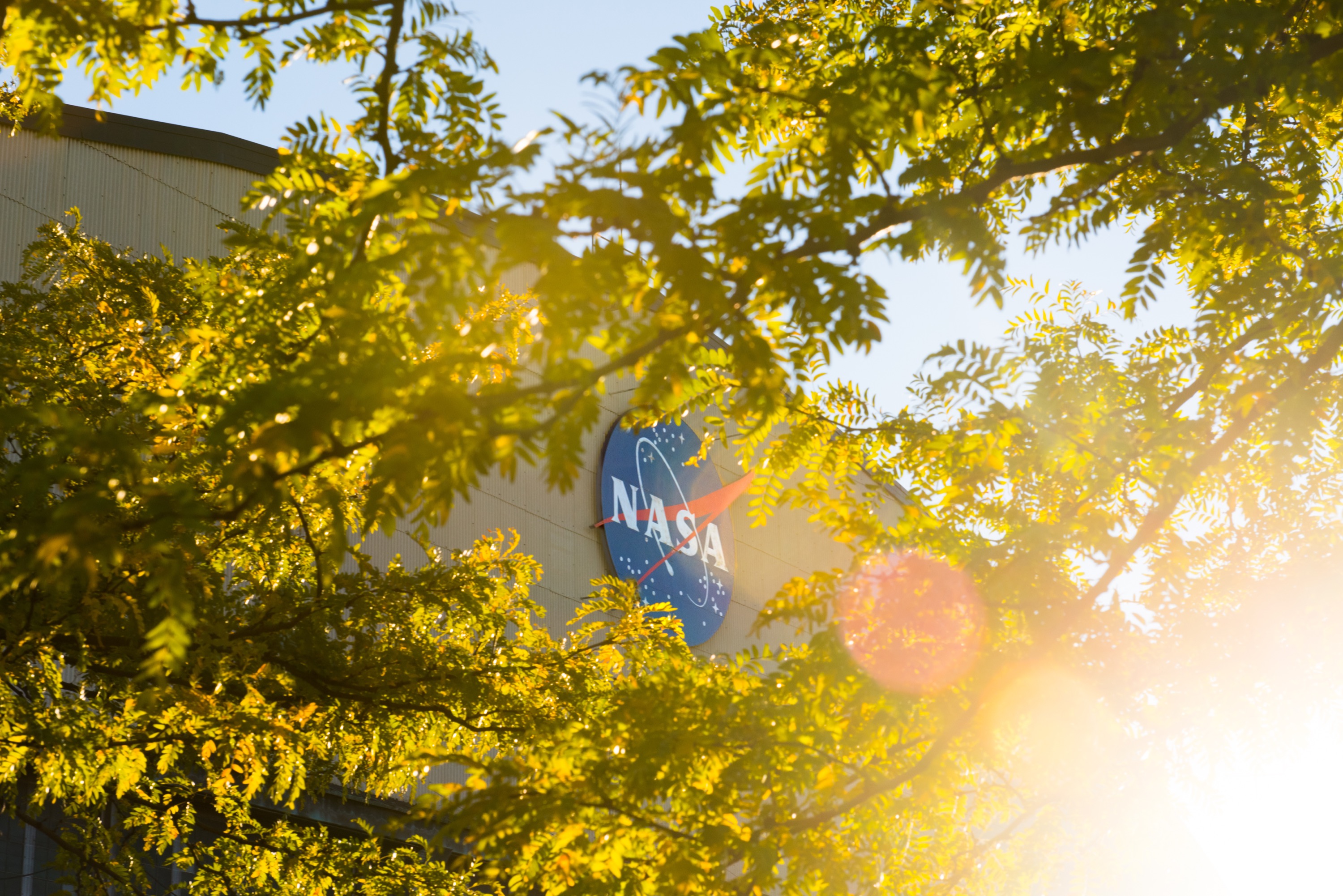


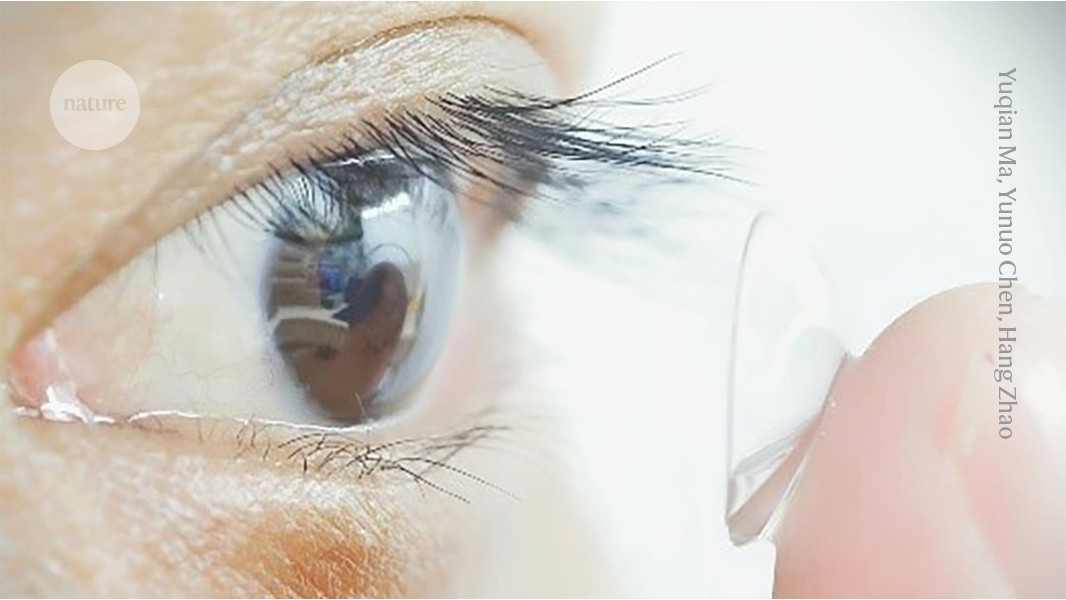
















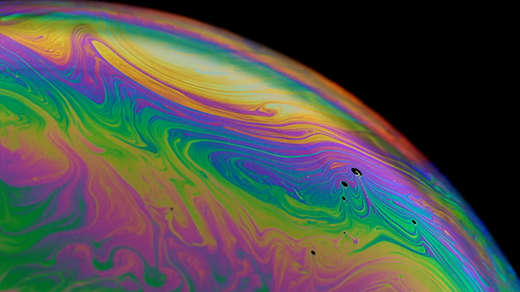
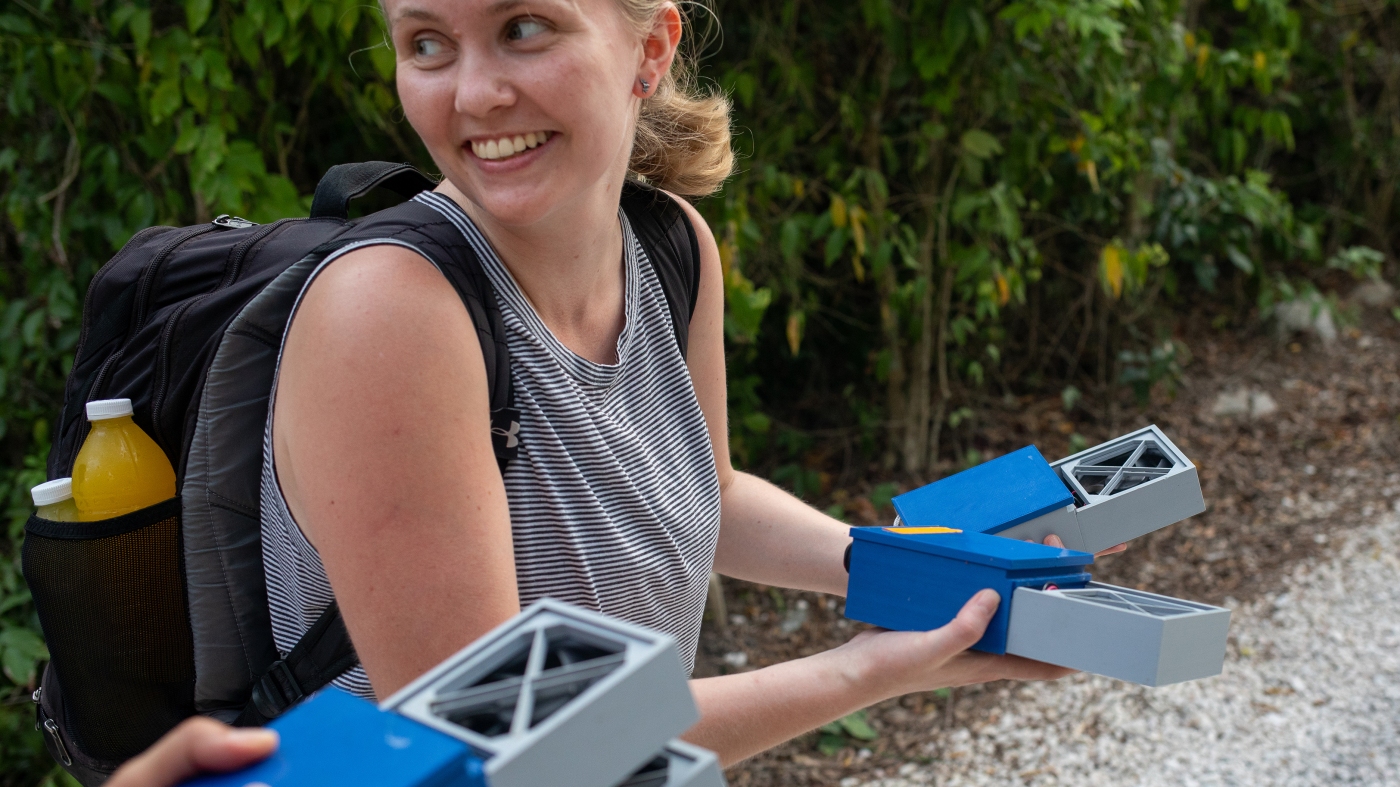





.jpg)

































































